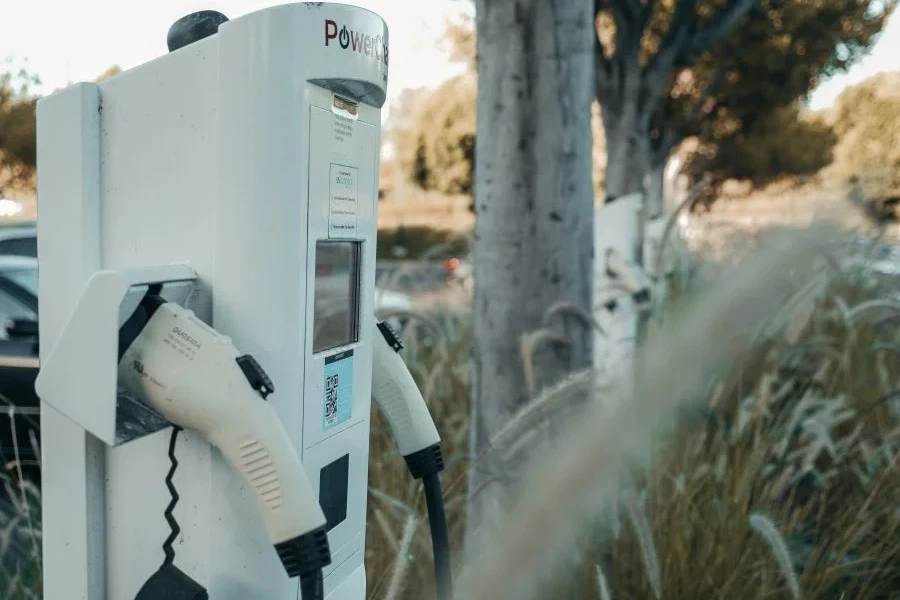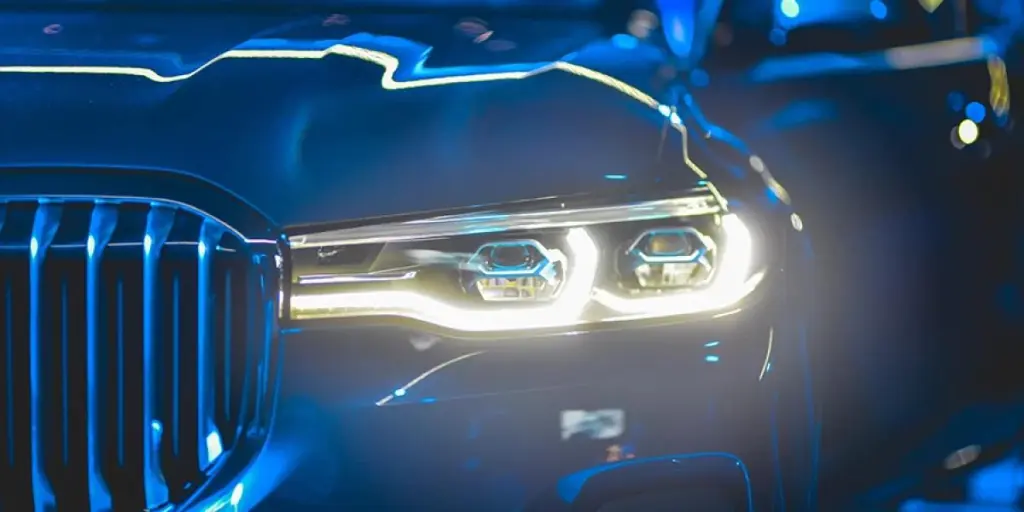Electric vehicles are steadily gaining popularity these days, and with the government’s plan to ban sales of gasoline cars by 2035, this is the best time to know about EV Charging plugs.
The global electric vehicle market is likely to reach USD 823.75 billion by 2030, with a compound annual growth rate (CAGR) of 18.2% between 2021 to 2030.
This growth is attributed to many people being aware of the environmental repercussions of gasoline vehicles. EVs are also cost-effective and have a higher return on investment than standard gasoline-run vehicles.
So, whether you are charging your vehicle at home, work, or a public port, you need an outlet that matches your vehicle’s outlet. In addition, the cable connecting the charging port to your EV has to have the right plugs at both ends.
This article will examine the different types of EV charging plugs, their compatibility with charging networks, and the importance of researching charging options before buying an EV.
Table of Contents
Types of EV charging plugs
Charging network compatibility
Adapters and compatibility
Conclusion
Types of EV charging plugs
There are different charging plug types, namely alternating current (AC), that allow charging of up to 43kW, and direct current (DC), allowing fast charging of up to 350kW.
The charging speed also depends on the charging station, cable, and onboard charger. Here are the different types of EV charging plugs.
Type 1(SAE J1772)
Type 1 (SAE J1772) is the most common EV charger in North America. It was introduced in 2001 and was only capable of 6.6kW. However, in 2008 the designer made a new plug with up to 19.2 kW. The design is the standard for all American electric vehicles. Type 1 plugs are compatible with Level 1 and Level 2 charging stations.
Type 1 is mainly used in America and Asia; however, European electric vehicles also have this charging plug, especially older or hybrid models. Since it is customary for EV drivers to carry their own cables, one won’t have a problem charging at any AC station, and with Type 1, one hour charging at 7kW averages at least 25 miles.
Type 2 (IEC 62196 or Mennekes)

The Type 2 plug is more common in Europe and Asia. It is a triple-phase plug with up to 43kW in vehicles from 2018 onwards.
The Type 2 (IEC 62196) is a round plug with a locking mechanism to ensure a secure connection. Moreover, this plug is compatible with Levels 1, level 2, and Level 3 charging stations. The major advantage of this plug is that the EV manufacturers can make the vehicle the same way and only customize the charging plug depending on the market they will sell the vehicle in.
The Mennekes also supports passive adapters. Moreover, the Tesla Model S and X in the European market have Type 2 plugs, albeit slightly modified. They can also use this plug for the Tesla Supercharger when using a DC charger.
Type 3
This EV charging plug is primarily used in France and is similar to the Type 2 plug.
CHAdeMO
CHAdeMO is the original DC plug from Japan. However, they have been around since 2010 but are less popular than other options. Nonetheless, there has been an increase of at least 8% from April 2021 to May 2022, standing at 48500 charging ports worldwide.
CHAdeMO charging plugs are common in Japan and China, with most Electric vehicle manufacturers in Europe abandoning them. In 2018, the CHAdEMO Association presented a version of its plug that allows up to 400kW charging. They are also working with China to produce an ultra-fast charger of up to 900kW.
Tesla Supercharger

The Tesla Supercharger is an EV charging plug used by Tesla vehicles. Only Tesla vehicles can use Tesla Supercharger charging plugs. However, they have adapters for other plugs, so their cars can use a Type 1 or CHAdeMO plug.
Combined Charging System (CCS)
The combined charging system is the solution for fast DC charging. They are the original Type 1 or Type 2, with two additional pins at the bottom The two pins at the bottom help in charging, while the upper part is for communication and earth conductors.
They can withstand up to 350kW and are currently the most popular DC connectors. However, CCS is incompatible with CHAdeMO charging stations as they use different communication protocols, and one needs special adapters that are not readily available.
CCS charging plugs are more common in Europe and North America and are compatible with Level 1, Level 2, and Level 3 charging stations.
Charging network compatibility

When buying an electric vehicle, it is essential to ensure compatibility with public charging networks. Different charging networks use different plug types, but not all charging stations have every plug type.
Therefore, it is important to research the charging options available in your area before buying an EV to get one compatible with the charging networks you plan to use.
Long-distance travel
If you are planning to travel long distances in an EV, it is important to research the charging options along your route. Some areas may have limited charging options, while others may only have certain charging plug types.
This will limit the ability to charge the EV and may require adapters or alternative charging methods.
Moreover, many factors affect the range of your EV charge in long-distance travel, including: speed, load capacity, and weather. For example, the EV’s range is significantly low in cold weather conditions and when carrying loads. Moreover, when traveling at high speeds, especially on highways, the range reduces and the vehicle’s battery must be charged more often.
Adapters and compatibility
Adapters are available for some plug types, allowing EV owners to use charging stations with plug types incompatible with their vehicles. However, adapters can limit the charging speed, and the EV manufacturer may not recommend them.
Conclusion
Choosing the right type of EV charging plug is an important consideration when purchasing an EV. In addition, buyers should research the charging options in their area and the compatibility with public charging networks.
Also keep in mind, if one plans to travel long distances in an EV, it is important to research the charging options along the route. By considering these factors, you can ensure that your EV charging experience is convenient and stress-free. All charging plug types are available on Chovm.com.




